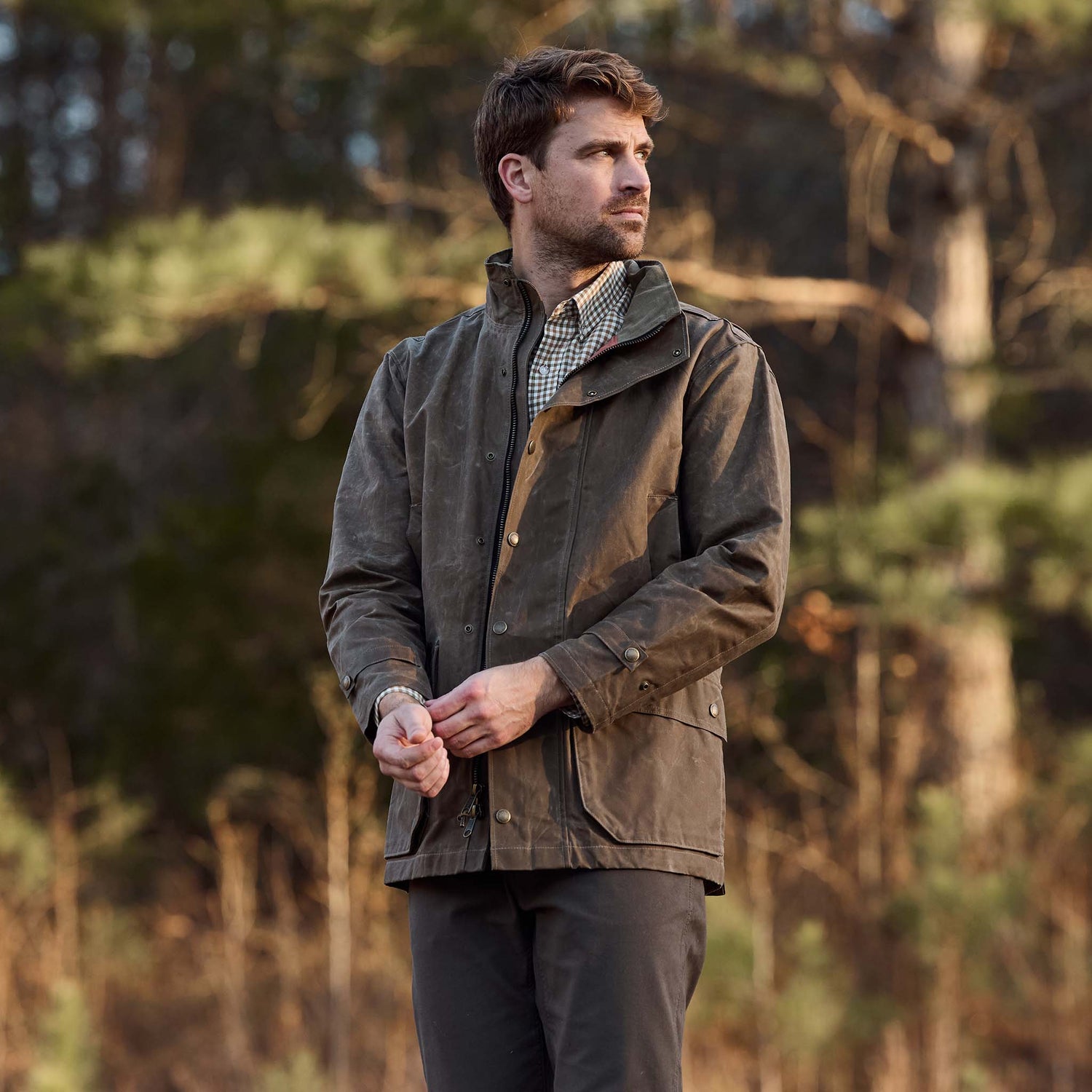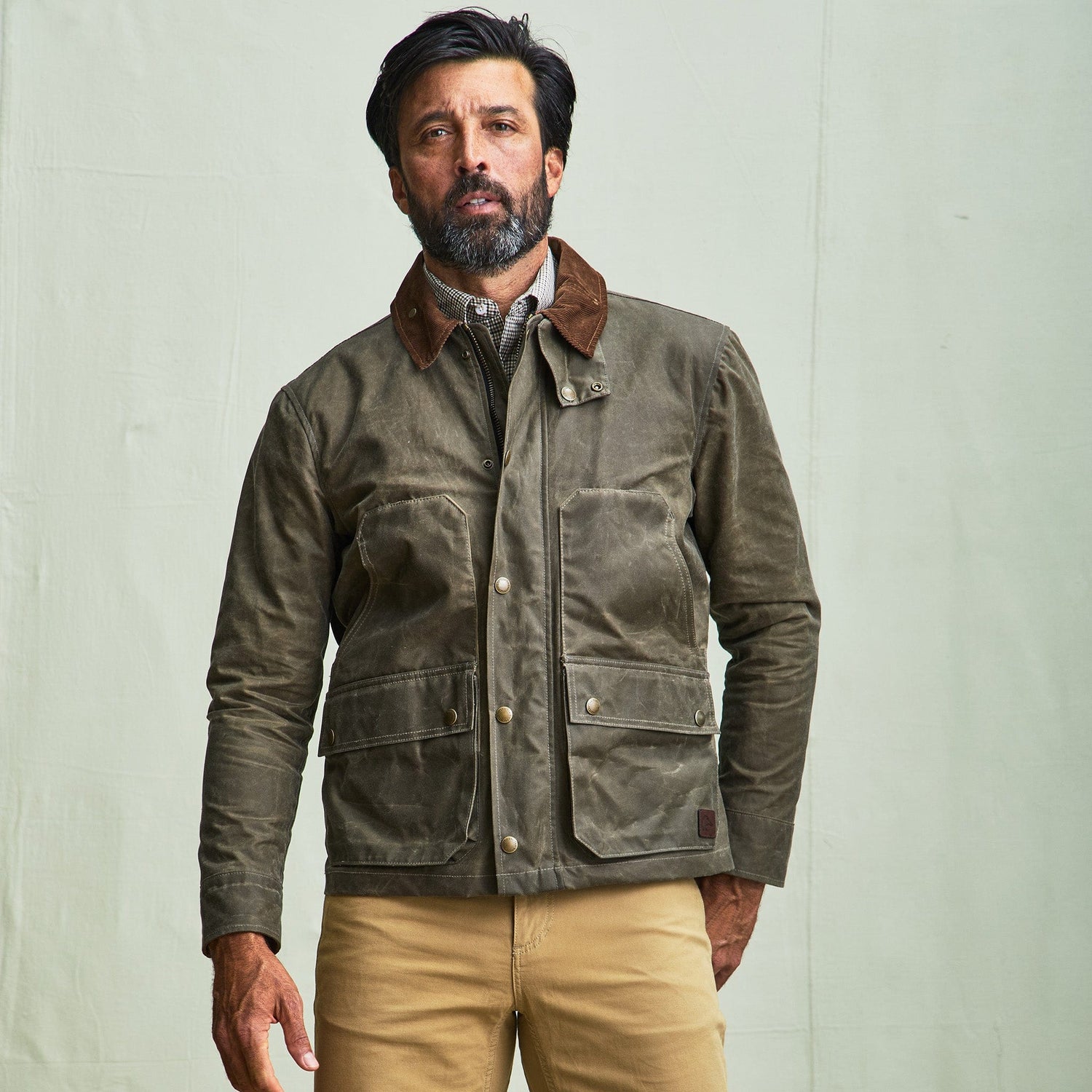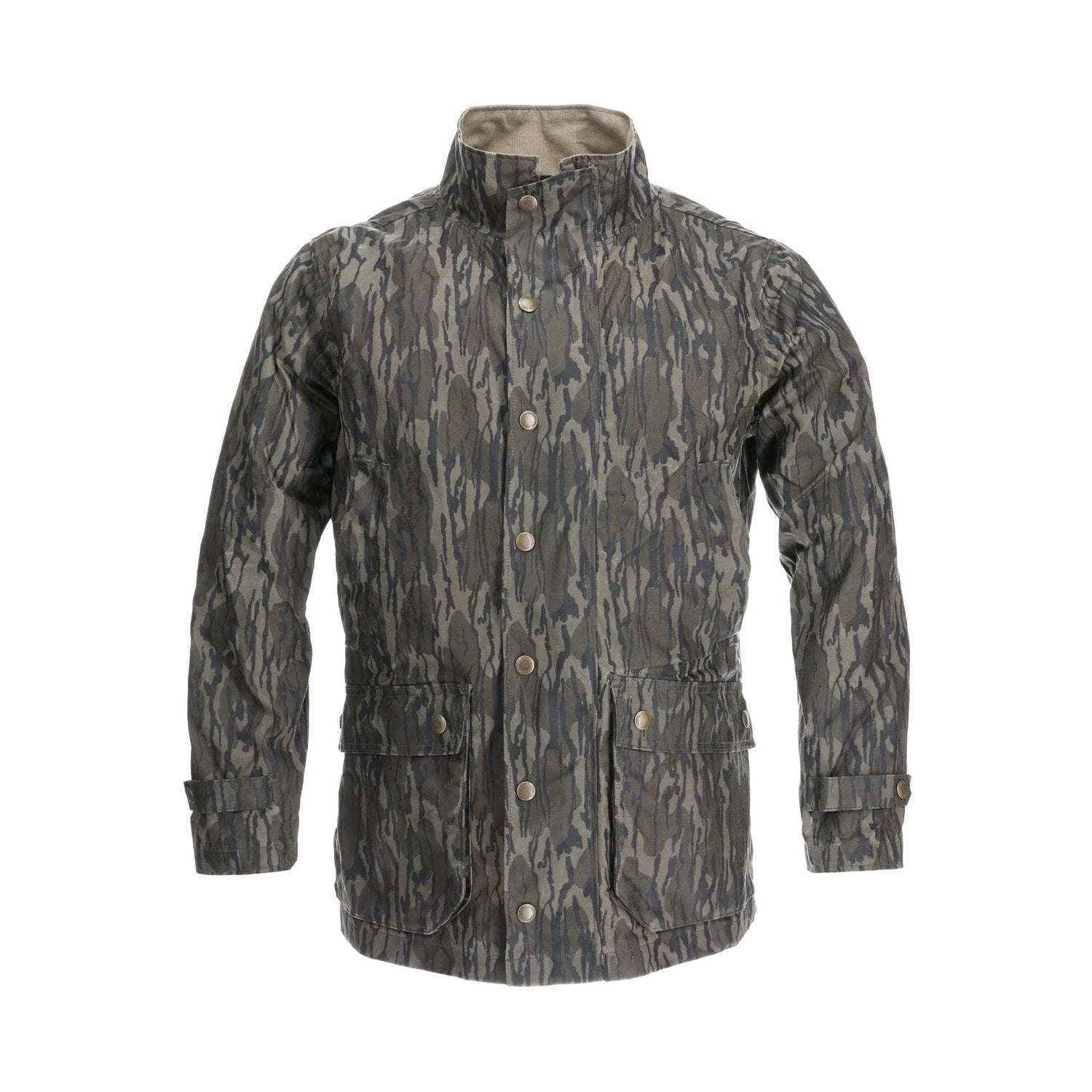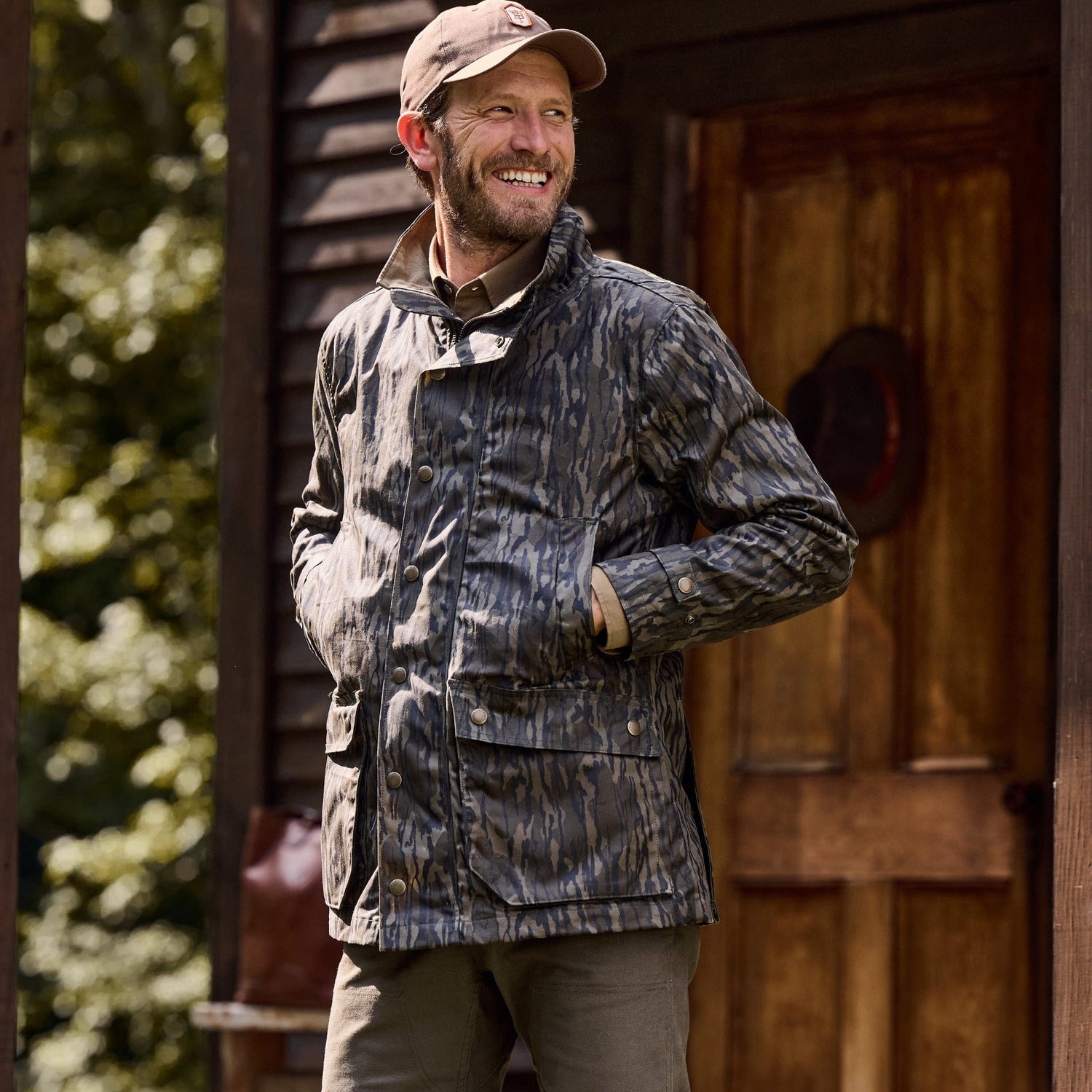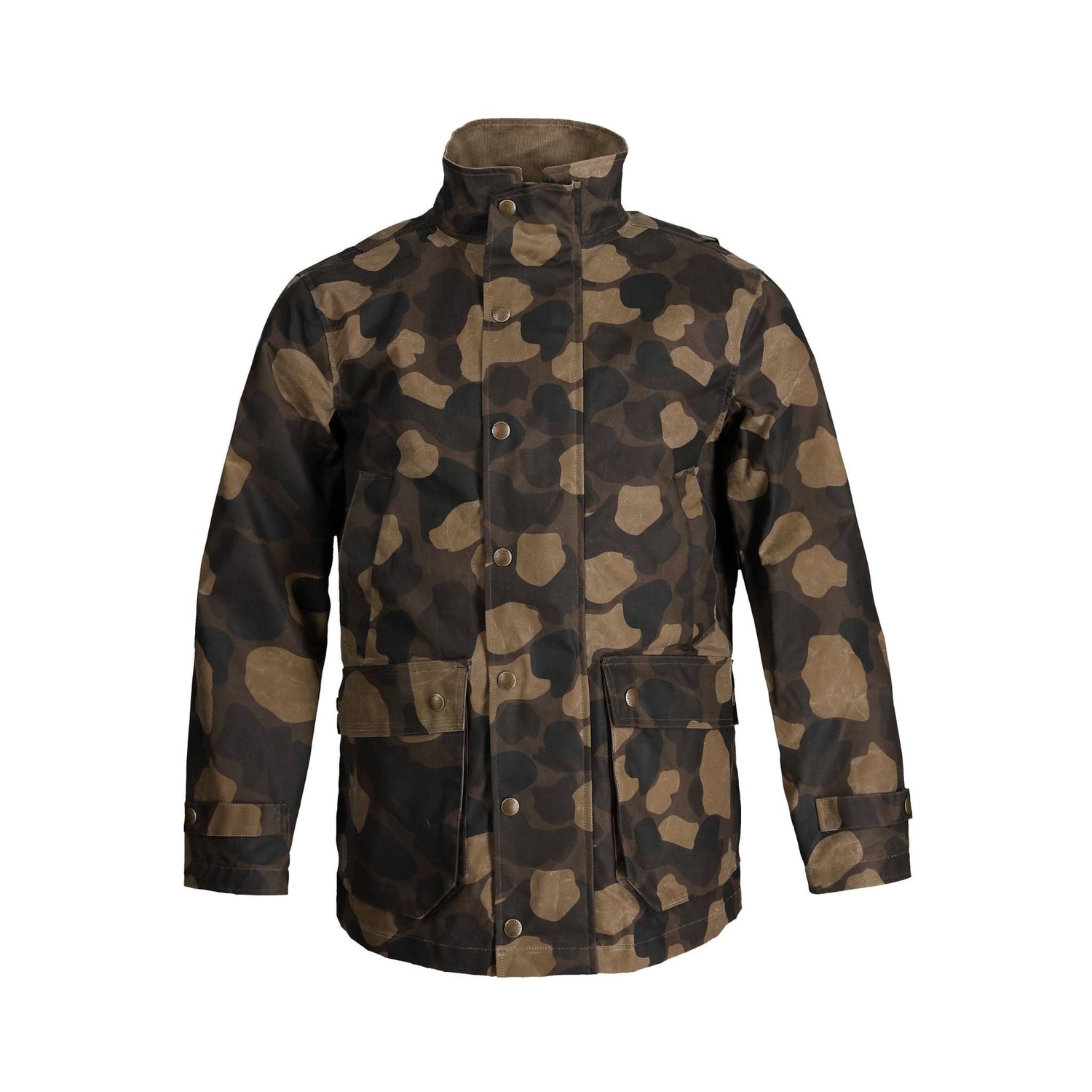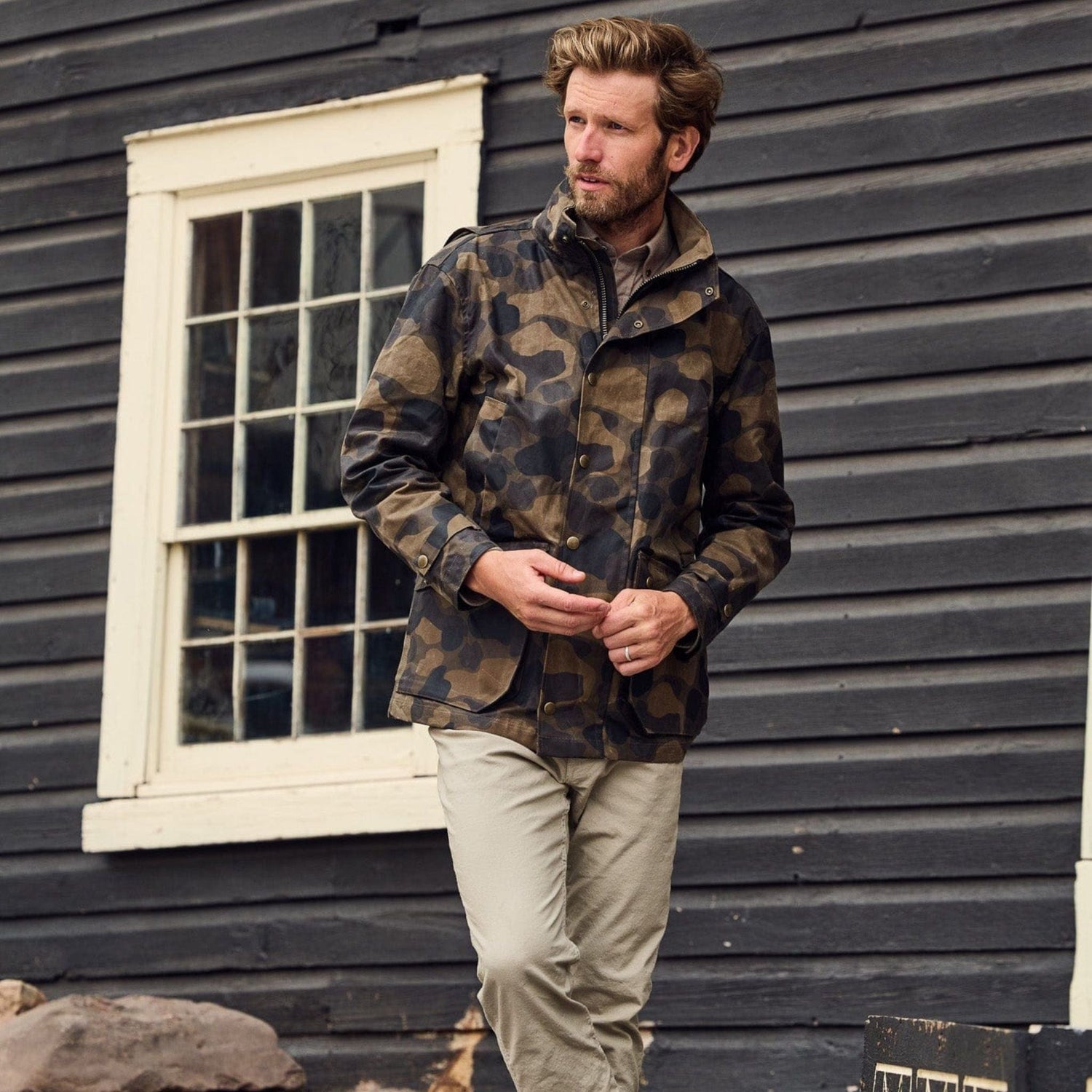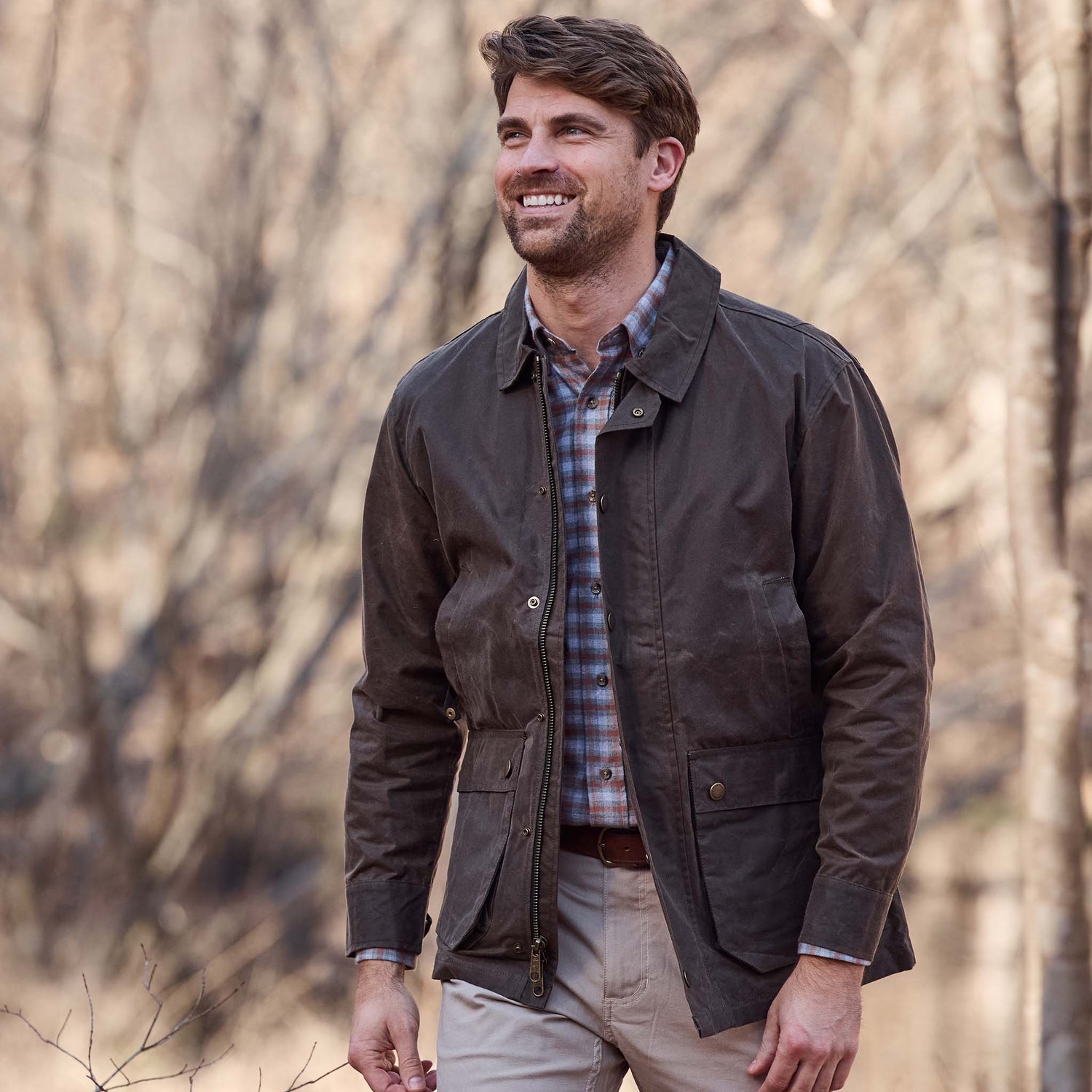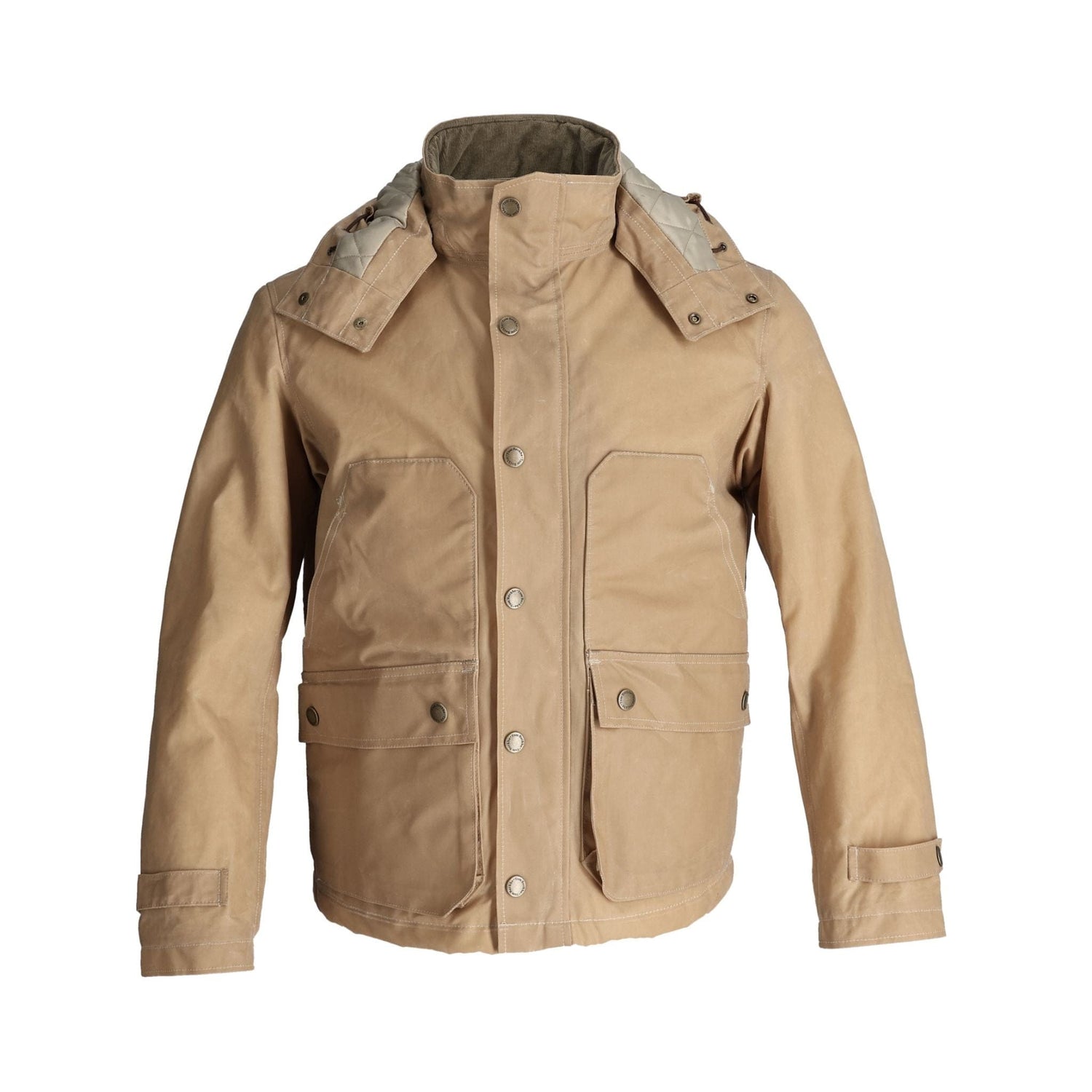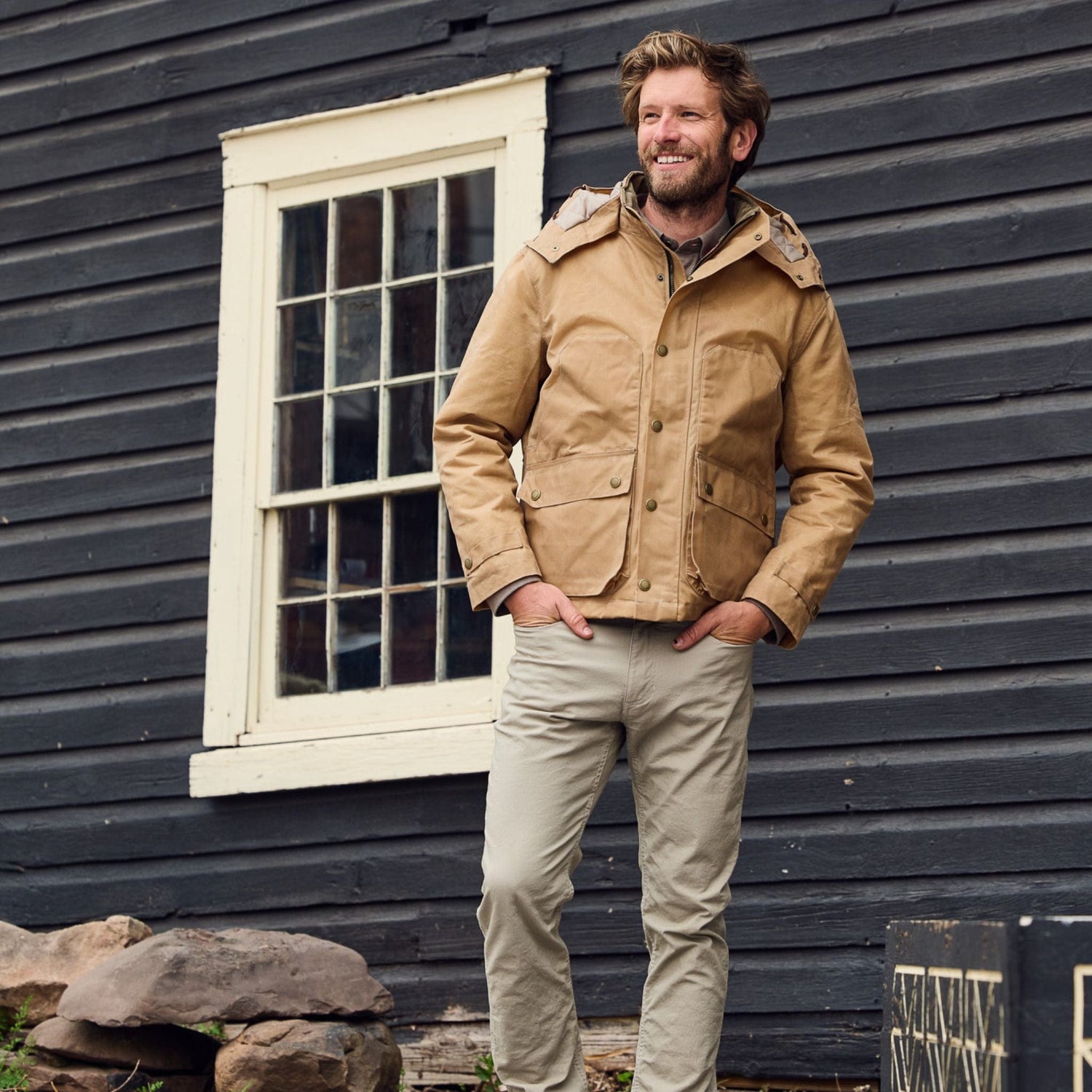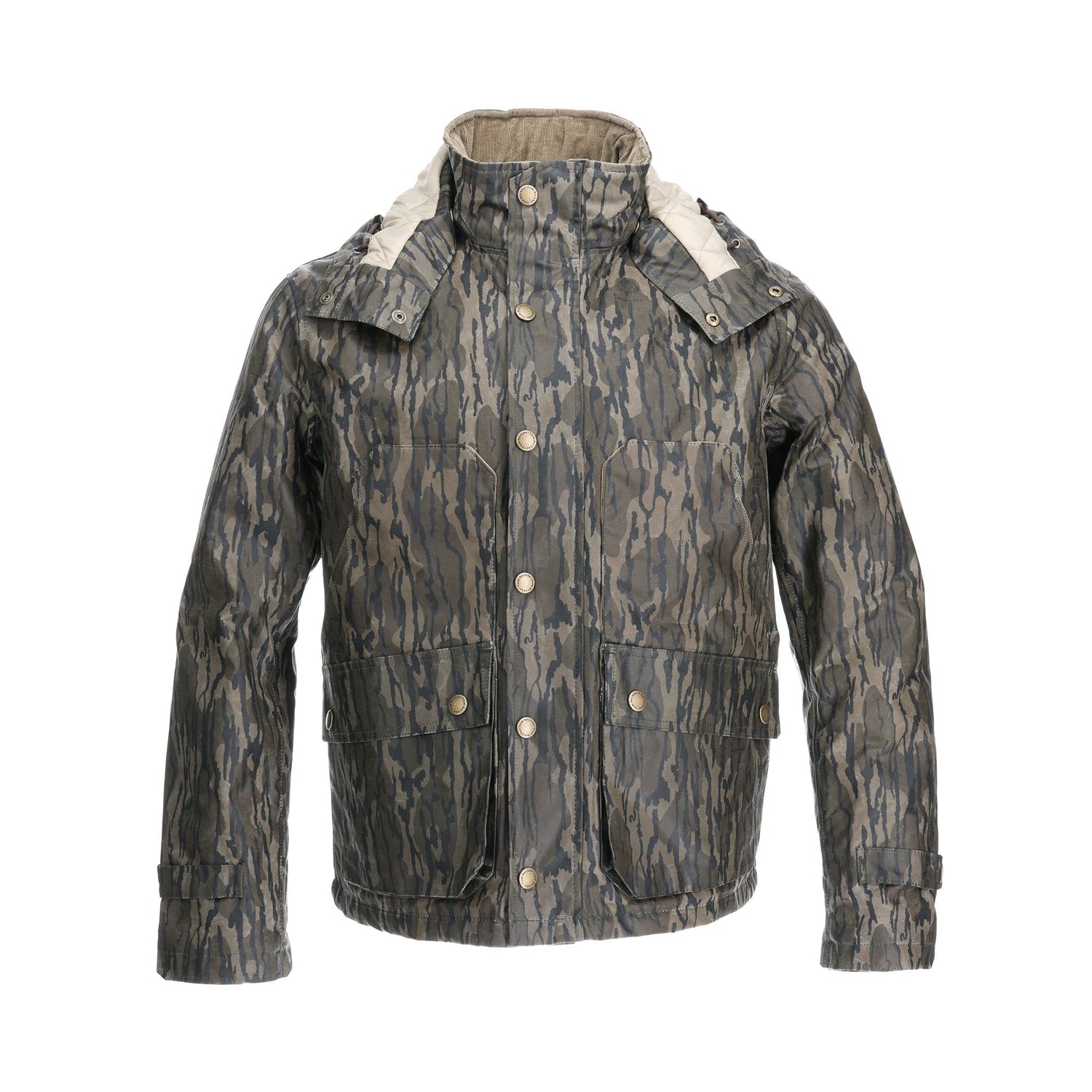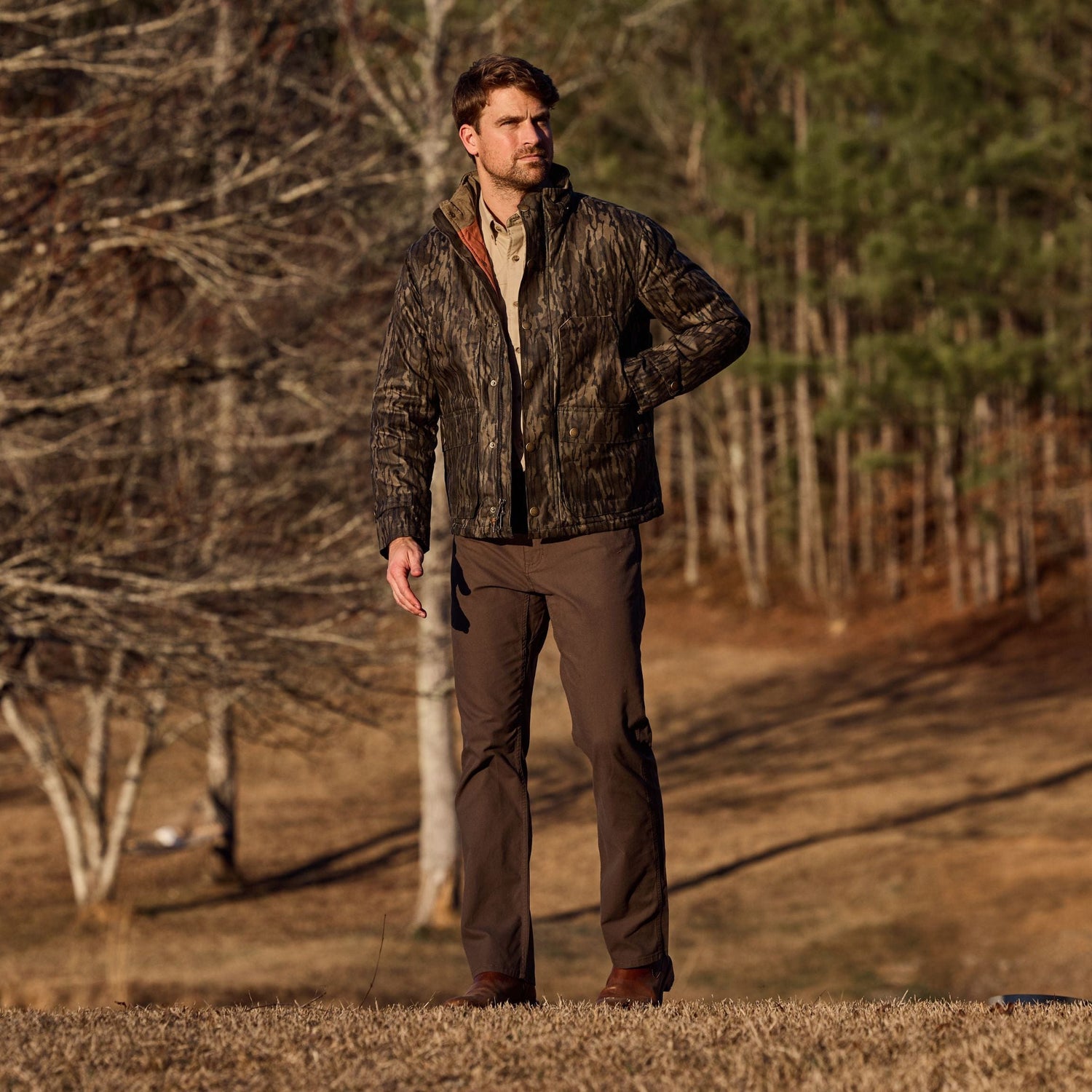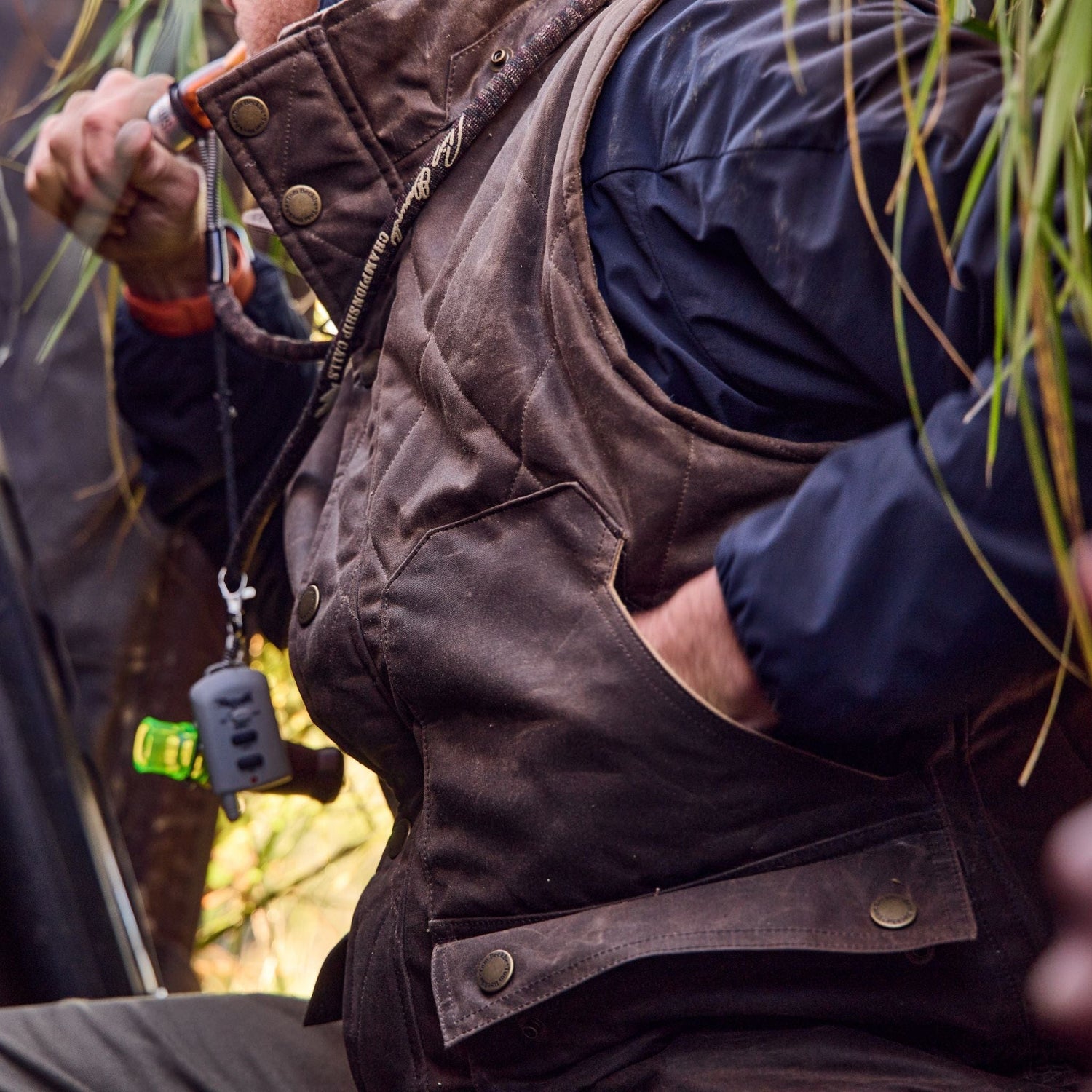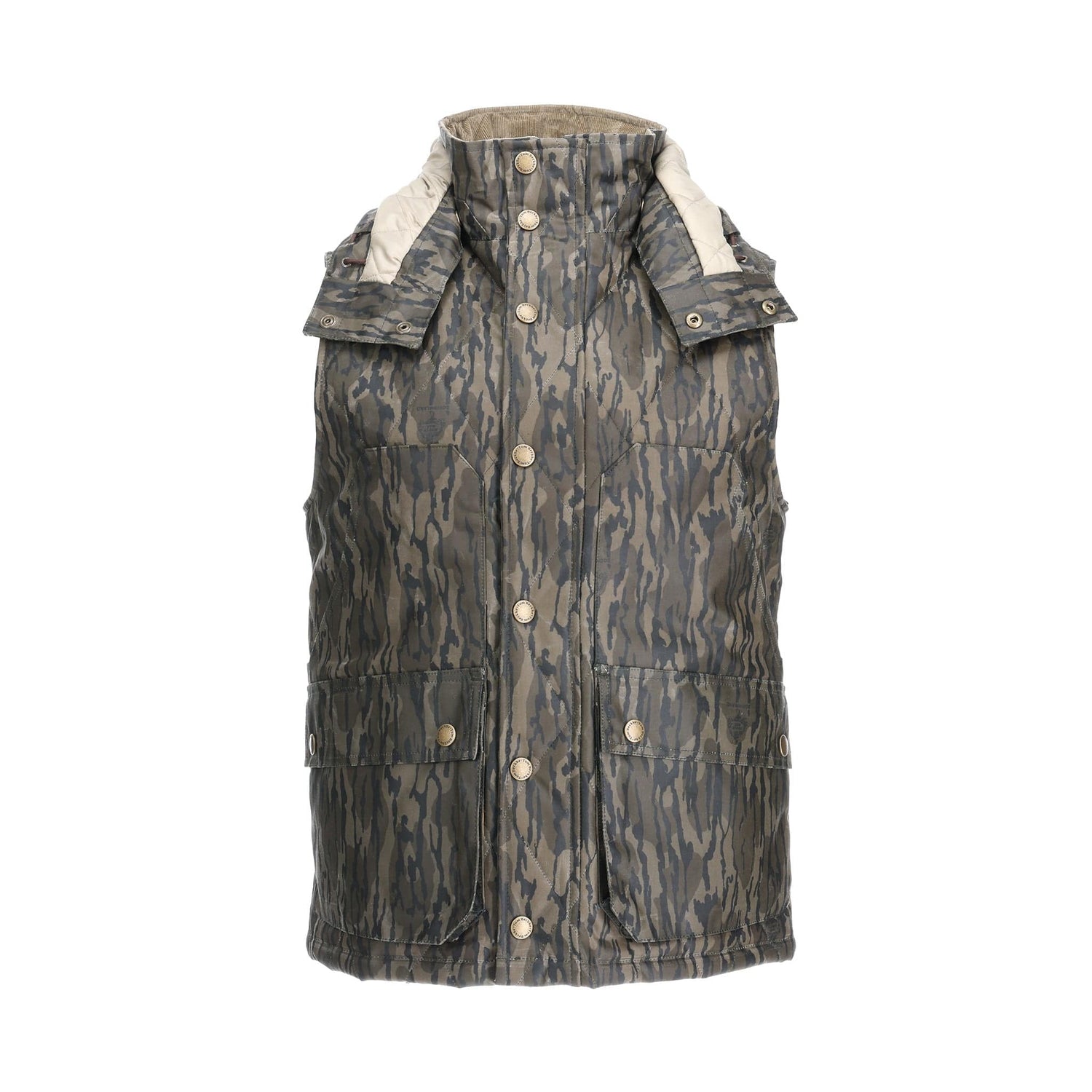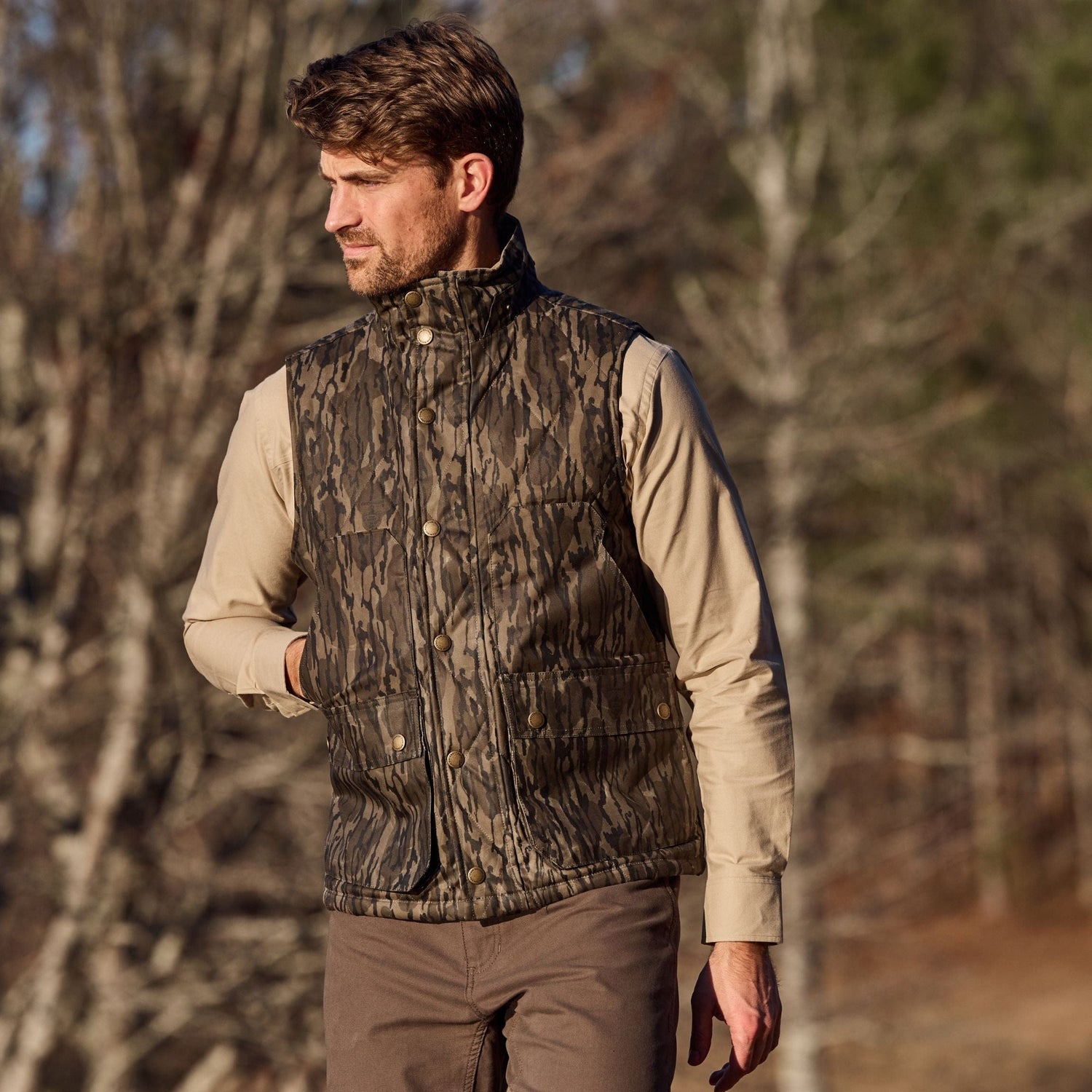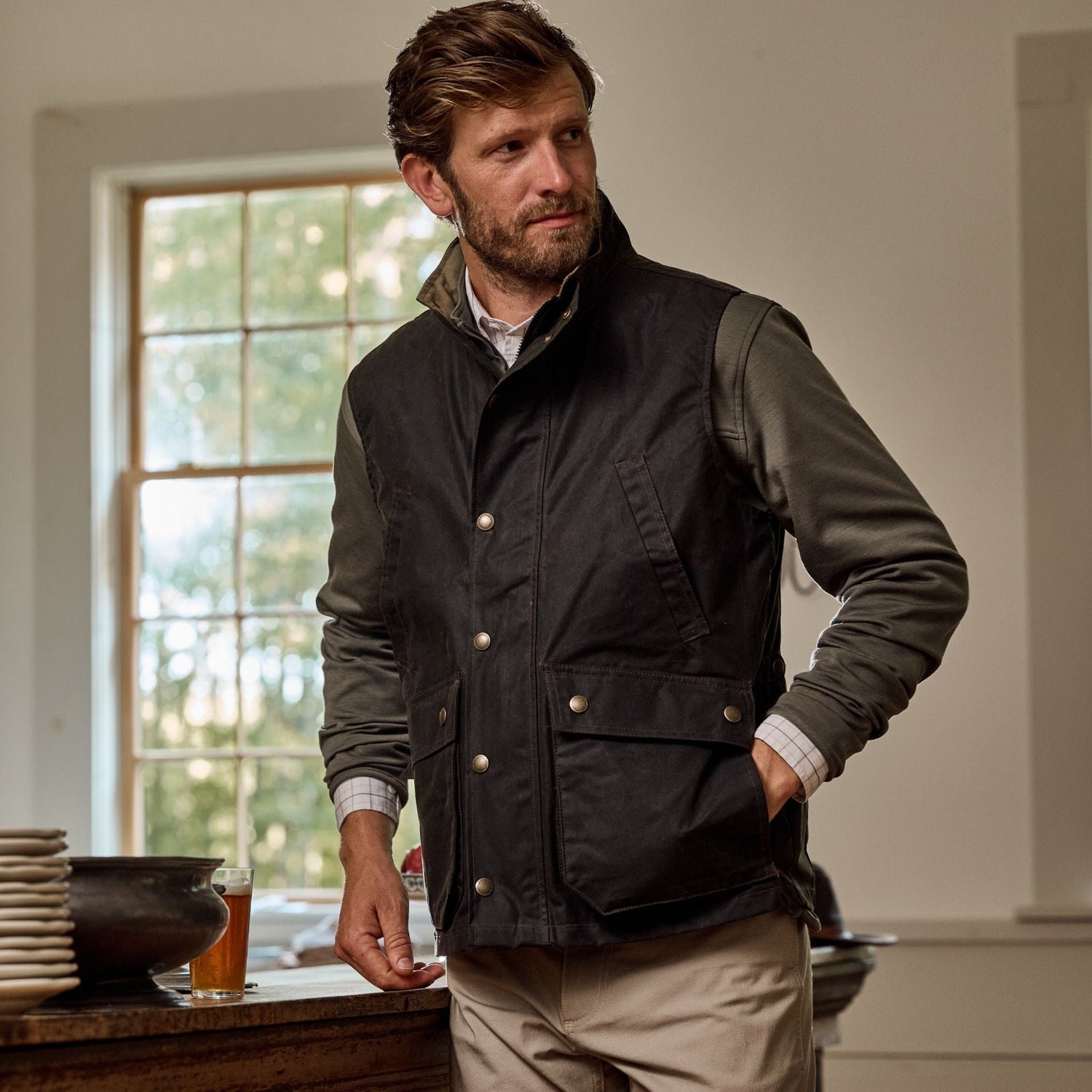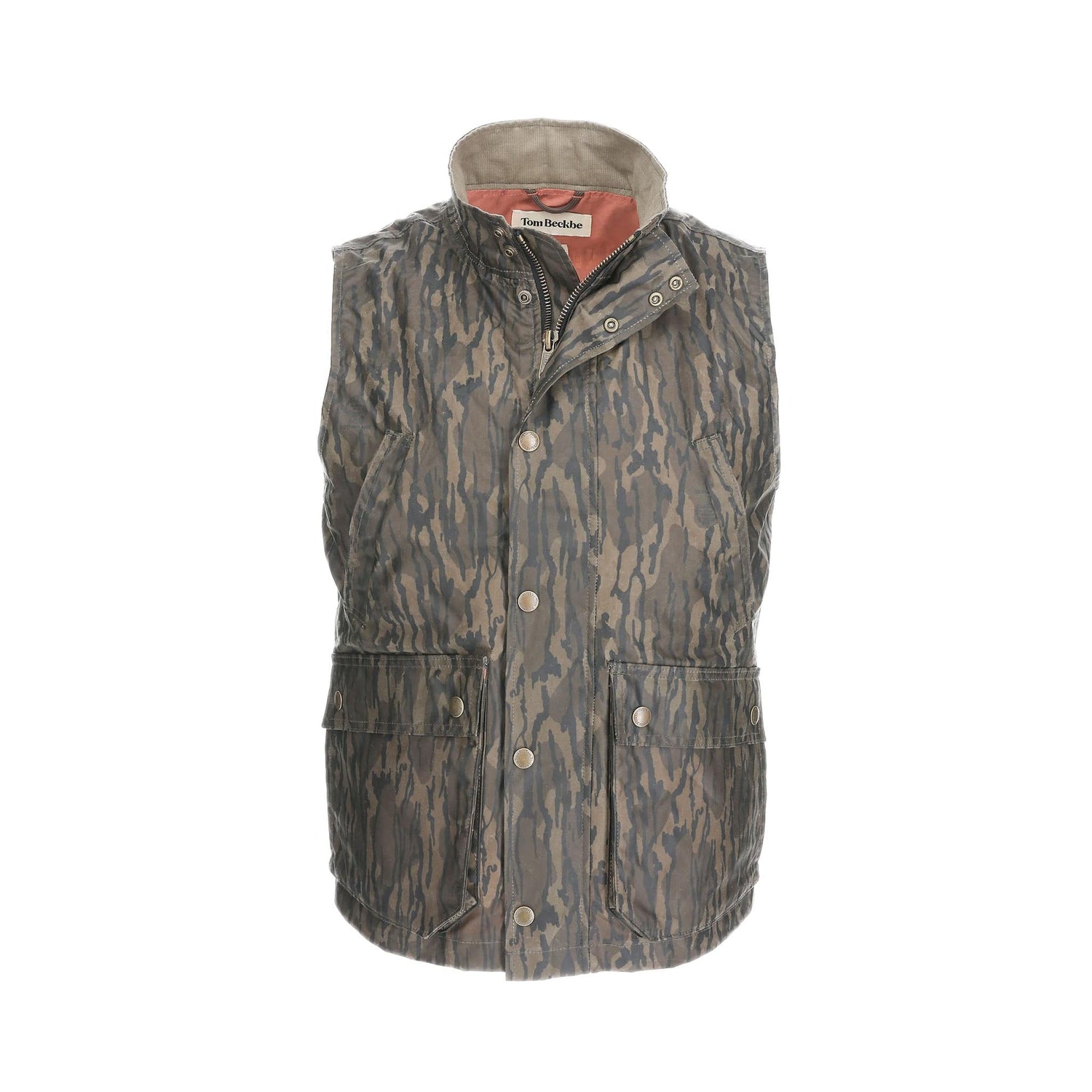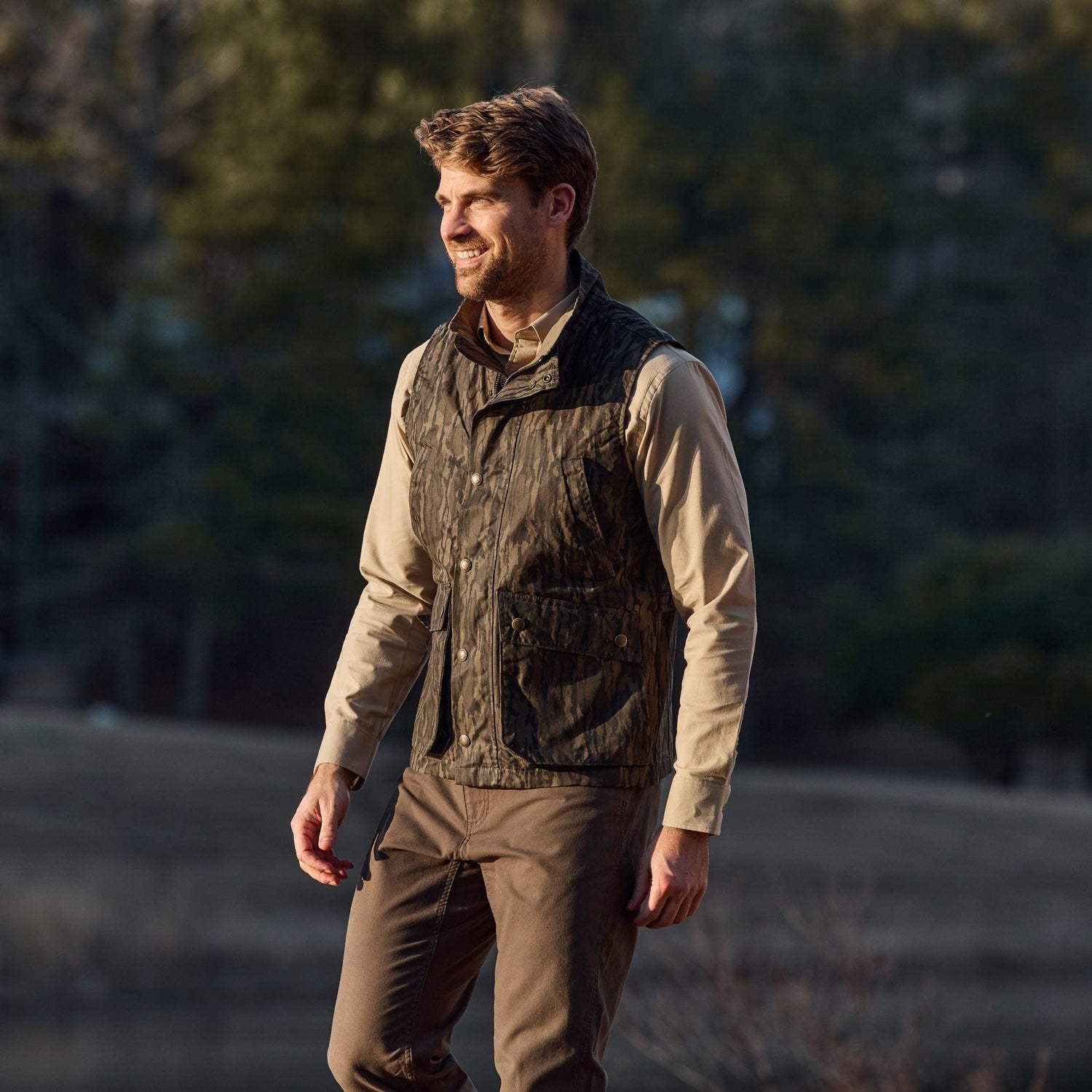From a young age, I loved the outdoors. Growing up in suburban Maryland, a trip to the mountains with my Boy Scout troop was a welcome escape to adventure. Those trips set my course to serve twenty-four years in the United States Marine Corps, an adrenalized camping trip with firearms my wife says I pursued to fulfill boyhood dreams. What young boy doesn’t want to run around in the woods for a living?
In later years, camping with my family was always fun, but sometimes found myself restless at the thought of just hanging out around the fire. Being on combat deployments and in a heightened stage of anxiety for months on end might have had something to do with it. I wondered at times if I would ever find peace again.
My family and I lived in Eastern North Carolina, where game lands and dove fields abound. I learned to shoot in the Boy Scouts, but didn’t grow up hunting. I came to enjoy it later with my son, Sean, as a coming-of-age activity shared between father and son. We hunted doves with my buddy and his own son, a great way to start the fall season amongst quick-flying birds. His two retrievers found the downed ones in high grass. One afternoon, my youngest daughter, Allison, asked to join her older brother and I on an Autumn dove hunt. My heart swelled.
Alli is a driven and dedicated person. Everything she undertakes is done with maximum effort to succeed. She didn’t want to borrow a shotgun; she wanted her own. I had just gotten home from deployment so the thought of being outside and shooting guns again had me a little anxious. That dissipated when we stood in the gun shop and she admiringly held her Remington 870 20-gauge. We bought it, complete with a hot-pink gun case, and went to the range to break it in.
Her eagerness soon faded. Though she had shot rounds of skeet with Sean and me before, she wasn’t particularly adept and now grew frustrated at her lack of marksmanship. An older gentleman watching us asked if he could help.
“Sure,” I said.
He watched her shoot at a few clays without comment. Then, “I think you’re left-eye dominant.”
“What’s that mean?” Alli asked.
“You’re all crossed up. You need to shoot left-handed.” The gentleman delivered sagely.
“But I’m right-handed, sir,” she replied, with concern.
“Me too.” The older teacher delivered. He showed her how to shoot from her opposite shoulder, differently, and better, than I could. Within minutes Alli was breaking clays in succession. Her confidence soared. I thanked him.
“Glad to help. We don’t see many young girls out here; need to make her want to come back!”, he chuckled, moving down to other parts of the range. We periodically saw him over the years until Alli went away to college, and she always thanked him for his assistance. I think he just liked passing on knowledge. It was his legacy.
His tutelage came to fruition two weeks later when Alli, Sean, and I met my friend and his son along with their two retrievers in a private corn field surrounded by pine trees with a long drainage ditch running down the middle. At dawn in late September, we settled into the high grass growing from the banks of the ditch, awaiting the first flight.
Doves flew over us, swift in the muggy morning air. We waited until the right moments to shoot at them and I advised Alli to watch how we all interacted in this environment with particular emphasis on muzzle awareness. Hunting with a group requires awareness of your surroundings, the people near you, and the condition of and direction that you point your weapon. She observed and took it in, but I sensed her desire to shoot at a live target.
“The next one that comes over us, and if it’s safe, is yours,” I said.
“Okay, Daddy!” Alli nodded.
A pair of doves appeared. She took a short breath in anticipation and stood up in the tall grass, pressed the safety button off and smoothly tracked the first bird, hitting it immediately, working the action only to find the second bird had darted away to cross over Sean’s position where he promptly dropped it. “I got one!!” Alli yelled. I calmed her down; we had a full morning ahead of us.
The retrievers bounded out to do their jobs. Two birds down by both of my children on the same day. It was a proud one for me that ended with our reaching the bag limit, the doves laid out in neat rows, the retrievers satisfied they had done their jobs well.
Saying farewell to my friend, we drove home with our share of the birds to clean and dress them for bacon-wrapped hors d'oeuvres. As the dove breasts sat in a marinade, we cleaned our shotguns. I looked at my kids and realized hunting with them that day was exactly why I came home from each deployment. It wasn’t about the stress of battle preventing me from doing things, it was about conquering that stress so I could enjoy living with my children on days like this. I found, ironically, that peace might just be found with them while hunting, the act of shooting wholly secondary to the moment.
About the Author
Ivan F. Ingraham is a freelance writer and veteran. He served for 24 years in the U.S. Marine Corps as a Special Operations Officer. This is his first submission to The Field Journal.


